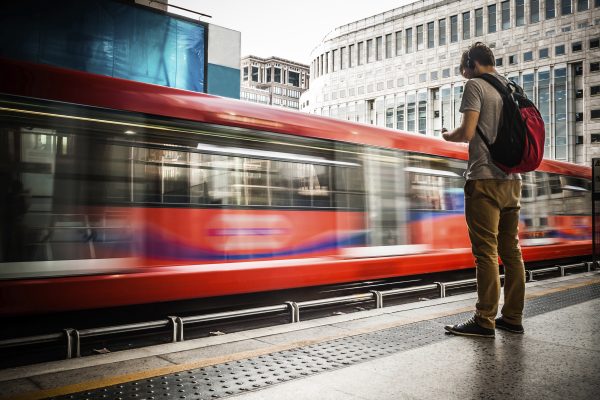Read time: 3 minutes, 30 seconds
In January, National Geographic predicted that 2020 would be a year focused on carbon offsetting, eco-friendly properties and ‘microcations’, as travellers aimed to fly less and explore new ways to limit their impact on the environment.
Coronavirus has of course since dominated headlines more than any other event in our lifetime. But sustainable tourism is still top of the agenda for a lot of us – most of us hopefully. So, what happens as lockdowns ease and borders open up across the world? As experts in sustainable travel PR, we’re focused on the political appetite and what we can do to progress and support it.
State aid dependent on eco-action
Airline traffic demand has collapsed globally and the long-term economic damage of coronavirus will continue to hit many airlines hard, even after lockdowns ease. Government bailouts will be essential to stop other carriers following airlines such as Flybe into administration and therein lies an opportunity for sustainability.
The French government announced in April that its bailout of Air France depends on the carrier scrapping some domestic flights to help meet the country’s green goals. Finance minister Bruno Le Maire is insisting Air France becomes “the most environmentally respectful airline”, adding: “When you can travel by train in less than two-and-a-half hours, there is no justification for taking a plane.”
The public can only do so much and state action – not just talk – is required for real environmental progress to be made (as we also discuss in this post on electric vehicles). As Le Maire says, coronavirus has provided an opportunity to “reinvent our model of economic development to ensure it is more respectful of the environment”. Other politicians may follow the French lead and demand rescue plans for airlines are dependent on meaningful sustainability commitments.

A global necessity, not an option
Sustainable travel was never just a fad that could easily be knocked from people’s minds, even by a story as big as COVID-19.
Eco-tourism may once have been a niche concern, dismissed by some media commentators as part of ‘hippy culture’ in the 1960s and 1970s, but the fight for the future of our planet has been part of mainstream thinking for decades. British Airways established the ‘Tourism for Tomorrow Awards’ in 1989, recognising tourist organisations that contributed to their local natural and cultural environment.
And now an entire, impassioned generation – led in the media by Greta Thunberg – has grown up with environmentalism and ‘flygskam’ (‘flight-shaming’) wired into its DNA.
Going forward, carriers must present themselves as part of the environmental solution, not the problem. Tony Douglas, group chief executive officer of Etihad Aviation Group, for example, is clear when he says: “In these challenging times, and beyond COVID-19, our response to the climate change crisis will not be neglected.
“Earlier this year, we pledged a target of net zero emissions by 2050, and to halve our 2019 net emission levels by 2035. We remain committed to reducing our impact on the environment.”
No room for complacency
Douglas and Thunberg highlight considerations understood by all good companies in sustainable travel and transportation – the pursuit of environmental progress must be relentless and so must efforts to keep sustainability high on the media agenda. Thunberg has kept working hard during the coronavirus crisis and shown again, appearing in rock band Pearl Jam’s latest video (for a song about climate change called ‘Retrograde’), the value of harnessing popular culture to spread her message.
As lockdowns ease, and media interest widens away from coronavirus, every industry will be fighting for space in the headlines. And people will be desperate to book holidays. Aviation and travel brands should be optimistic, but not complacent. There might have been lockdowns and obstacles along the way but sustainable travel, appropriately, has proved resilient and it is fundamental to the future of tourism that we continue to fight in its corner.








